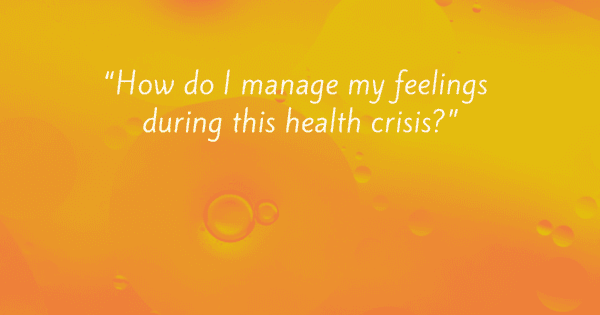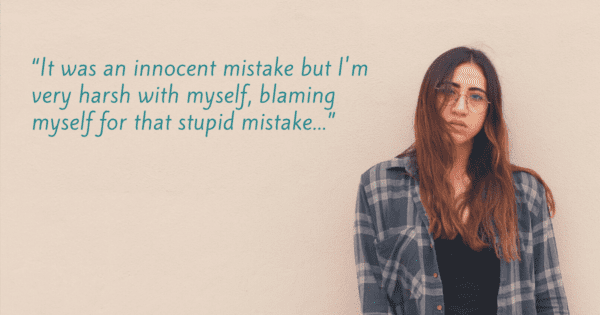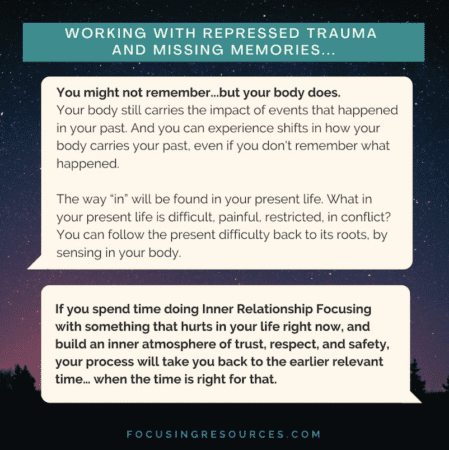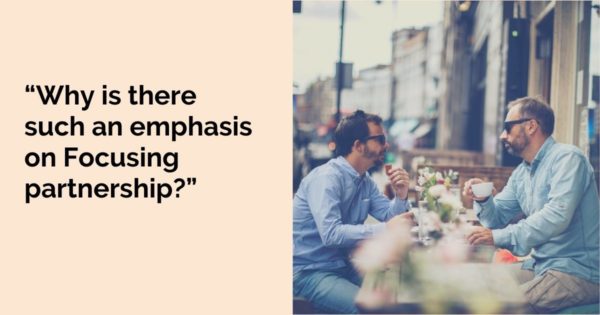More About Getting Unblocked
~~~~~~~~~~~~~~~~~~~~~~~~~~~~~~~~~~~~~~~~~~
Nina Joy writes: "When you answered Jack a couple of weeks ago, it brought up something I’m working on. There are parts, guests, currents in our beings that want movement and feel upset or pushing or belittling of the parts in us that don’t want to move.
"And now we are becoming aware that we need this attitude in Presence of self-leadership or calm, assertive energy. You told our group about Cesar Millan, The Dog Whisperer, as a model for Presence. When I watch Cesar with the dogs, he’s in charge all the time. I’m trying to sense towards how we can hold both the calm assertive energy towards our inner pack of guests/parts/currents, AND have radical acceptance with no goals, no bias, no judgments, so that these somethings in us can find their own way towards healing, towards balance. How do we combine the assertiveness of a leader with radical acceptance, with no goals, no bias, no judgments?"
Dear Nina Joy, I’m so glad you asked!
Barbara McGavin and I describe the way of being called "Presence" as having no agenda, not choosing one side or the other. But that doesn’t mean that you as a person have no preferences, or that you can’t make choices!
When we have a block to action, there has been a split in agency. By that I mean that the part of us that wants us to do the action is not able to make it happen, and has to try to persuade another part of us to do it. That’s when we find ourselves saying things like, "I can’t get myself to…."
Isn’t that a funny sentence? "I can’t get myself to…" Almost as if there are two beings locked inside one body, and one is trying to persuade the other to take action.
We are so used to this state of affairs that we think the way through the block is to finally succeed in persuading "the part that doesn’t want to" that its self-interest lies in doing the action after all. But that isn’t what getting unblocked looks like!
No block means no more split. No "I" different from "myself." If I have no block, I find myself acting, or not acting, without an inner argument taking place.
We stride out the door, like Cesar followed by his dogs. We have someplace to go… and we go there.
Remember that Cesar describes himself as a dog psychologist. He focuses on the dogs because they need remediation. But it’s all about getting to a place where the human doesn’t need to focus on the dog. (And the dog doesn’t have to act out the human’s neuroses!)
And it’s the same with our Focusing. When there’s a block, some kind of carrying forward hasn’t happened, and things are stuck. Releasing that stuck energy requires a quality of inward attention that doesn’t take sides or push, a kind of pure curiosity. With time and patience, and with a quality of sensing-how-it-is and checking back with the "more" that’s not in words yet, things can begin to change.
Focusing is a Special Kind of Attention
~~~~~~~~~~~~~~~~~~~~~~~~~~~~~~~~~~~~~~~~~~
The quality of attention we need for Focusing is different from the quality of attention we need for many other activities. Focusing happens in a pause in the usual activities that we’re doing.
So this special kind of non-choosing, open, allowing kind of attention permits a sensing-how-it-is that doesn’t put anything else in there. Like cleaning your glasses so you can really see!
Sensing-how-it-is from ITS point of view — and I’m talking now about all the parts of the inner conflict, first one, then the other, then more if there are more — allows what has been missing to fill itself in. That’s why we need to hold our parts in awareness without bias, in this very special space of Focusing.
But if I’m waking up in the morning to work on my writing, and I have a part that doesn’t want to, I don’t have to do Focusing right then and there. I can acknowledge it, sure — as I’m getting up, showering, dressing, sitting down at the computer.
Being free of a block doesn’t mean no longer having a part that doesn’t want to do it. It means no longer being identified with it — and no longer identified with a scared helpless pushing part that thinks it has to convince that part to do the action.
In my next Focusing session, I probably do need to listen to the part that doesn’t want to. But not all the time, and not before I take action. Not any more.







